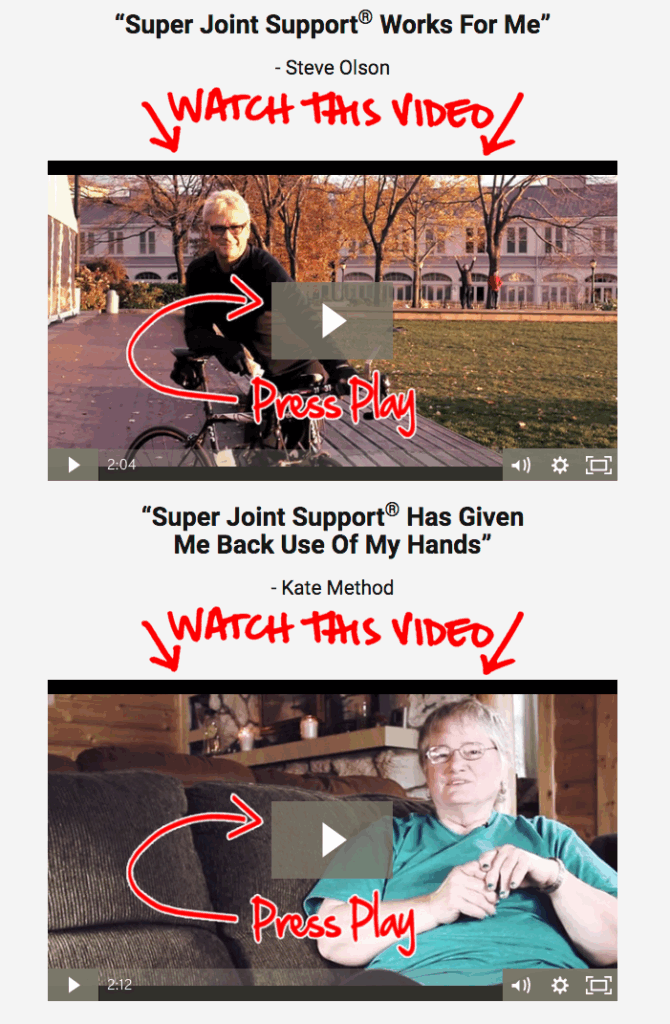It is unfortunate when people have to undergo a surgical operation or procedure due to health reasons. Having severe back pain because of intense nerve damage is reason enough to contemplate a rhizotomy. A rhizotomy is a surgical procedure that involves destroying nerve roots in the backbone. This procedure should only be pursued if there is a severe need of relief from a pinched nerve or intense back pain. During this procedure, nerves that have been causing persistent muscular and neurological problems are isolated and destroyed at the root.
People that have been experiencing severe back pain or a radiating pain from a region of their back know that this is very uncomfortable and even debilitating. Back pain is something that can alter your lifestyle and behavior by preventing you from being able to participate in physical activities. Back pain affects millions of people every day. Chronic back pain that is excessively painful and persistent is even worse. This kind of back pain typically doesn’t go away on its own.
Your backbone or spinal column is comprised of several vertebrae and joints. The joints are primarily made of cartilage and link the vertebrae together. There are normally thirty-three vertebrae in your spinal column. If and when the joints between the vertebrae begins to deteriorate or degenerate this can cause other health problems. The joints help to stabilize the backbone and keep body functions normal. Without joints that are healthy, the vertebrae have no support and are therefore not capable of supporting your weight sufficiently.
Nerves are a very large part of our anatomy. Nerves send signals to our brains and help parts of the body communicate with each other. The nervous system in the back is very sensitive and essential because it affects every part of the body. Nerves tell us when we feel pain and indicate what the body should do. When our nerves are disrupted, this can cause chronic radiating pain in the entire area. When a joint or disc begins to wear this throws off the equilibrium of your bones. If a disc between the bones begins to bulge, this can affect the nervous system.
A bulging disc or joint happens when the shape of the joint no longer remains within the normal space between the vertebrae. It is almost as though the cartilage is beginning to burst out of place in the shape of a tiny bubble. If this small bubble grows even larger, you may then have what is called a herniated disc. Herniated discs can damage nerves because they may push them and altar their position. When nerve roots are excessively problematic in the spinal cord, a rhizotomy can be an option.
Anyone considering a rhizotomy should be extremely careful. Thinking about the potential consequences should steer you in a direction that you feel comfortable with. Possible complications of a rhizotomy include a lack of bladder control, erectile dysfunction and numbness. The procedure is focused on eliminating the nerves that are problematic. Because of the sensitivity of each nerve, you should ensure that you have a very experienced physician.







